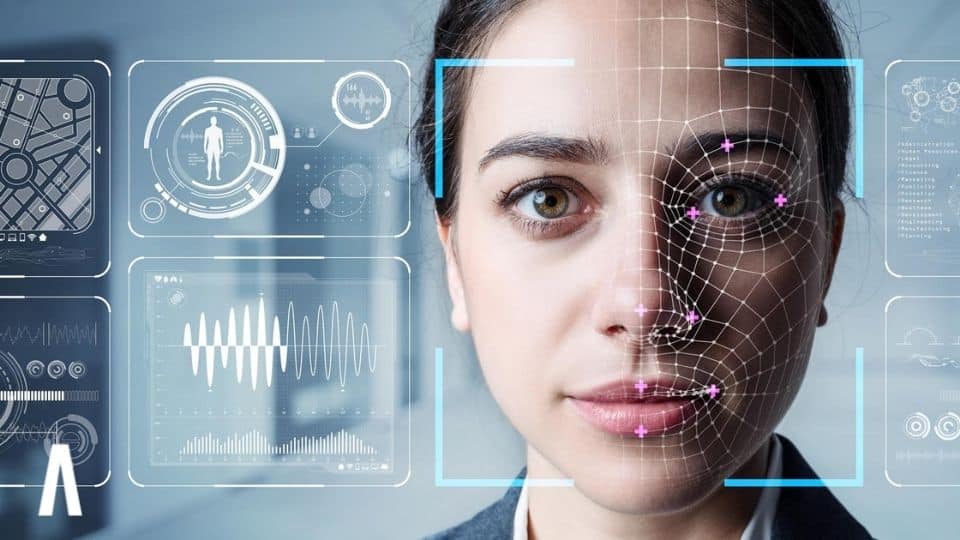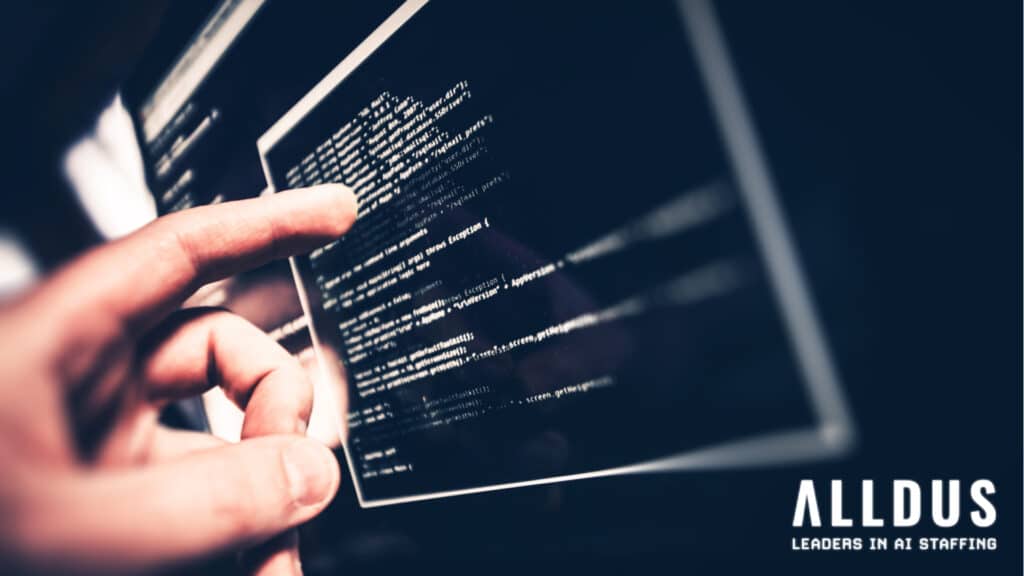Data Literacy: A Key Skill In The Future Workplace
Blog | July 12 2022 | Alldus Recruitment
When reading the title of this article, you may be thinking that data literacy is not a skill that YOU will need in your profession. Surely that responsibility falls on the likes of data scientists and data analysts?
Well at this moment in time that may be true, but it is important to remember that data scientists, in particular, are highly qualified, highly sought after and therefore highly paid. They are also only human.
You have probably heard it a thousand times by now but big data is everywhere and growing rapidly, hiring more and more data professionals is not financially feasible for the majority of organizations (outside big hitting tech firms). The burden must be spread throughout an entire organization. Just like IT was once a singular department, data literacy must become a skill that is widespread throughout the workforce.
What is Data Literacy?
A quick search will churn out half a dozen different definitions, to put it simply in a way:
“Data literacy spans a broad set of processes in the analytics workflow. It is the ability to read, work with, analyze and argue with data.”
Data literacy entails the ability to not only make sense of presented data but also detect any anomalies which are presented also. However, It is virtually impossible for human cognition to detect anomalies on the scale in which big data is generated.
Rather, literacy assists the analysis process, allowing for the human element of critique to be involved. Understanding of where the data came from, how it was collected, how it was analyzed and visualized are all essential elements of data literacy.
The human element will still be essential within the analysis process, regardless of the level of automation that we reach.
Making strides towards higher data literacy in the workplace.
As an organization wakes up to the necessity of greater levels of data literacy in their workforce, the steps taken to amend this expanding skills gap will fall largely on an organizations Chief Data Officer (CDO)
This will require a reshaping of a companies culture…
However, CDOs cannot simply tell people to change their culture and suddenly become data-driven. They must use both rational and emotional arguments to inspire people to believe that cultural change is necessary.
They need to help people develop a new mindset that drives a new set of behaviors by explaining, in detail, how data influences different styles of decision making and how people can engage with data.
On the other hand, education is largely a personal process and there are many professionals that have taken steps towards increasing their data skills. Pocket-friendly online courses with Udemy and Coursera can provide a great base from which to begin your data literacy journey; all the while adding value to your CV.
If you’re interested in exploring our latest Data Science jobs, check out our live vacancies or upload your resume today to keep up to date with all the latest opportunities.
share
related articles
Women in AI: Bridging the Gap
Despite huge advancements in AI research, the field still lags in another key area of societal progress, gender equality. With women accounting for just 22% of professionals in the field, we examine the steps needed to address this inequality and how it would also benefit the technologies themselves
Why SQL is the base knowledge for data science
As a programming language, It's a simple skill to learn, but a very valuable one. A walk in the park compared to Python or R.
Why NLP is the future of E-Commerce
There are great benefits to using NLP in eCommerce. The world of business would be greatly benefited from in-depth insights that are controlled by AI. It will help in increasing customer satisfaction rates, improve the revenue curve & ultimately transform the future of business operations.




